Lifestyle
15 Social Norms That Are Quietly Disappearing
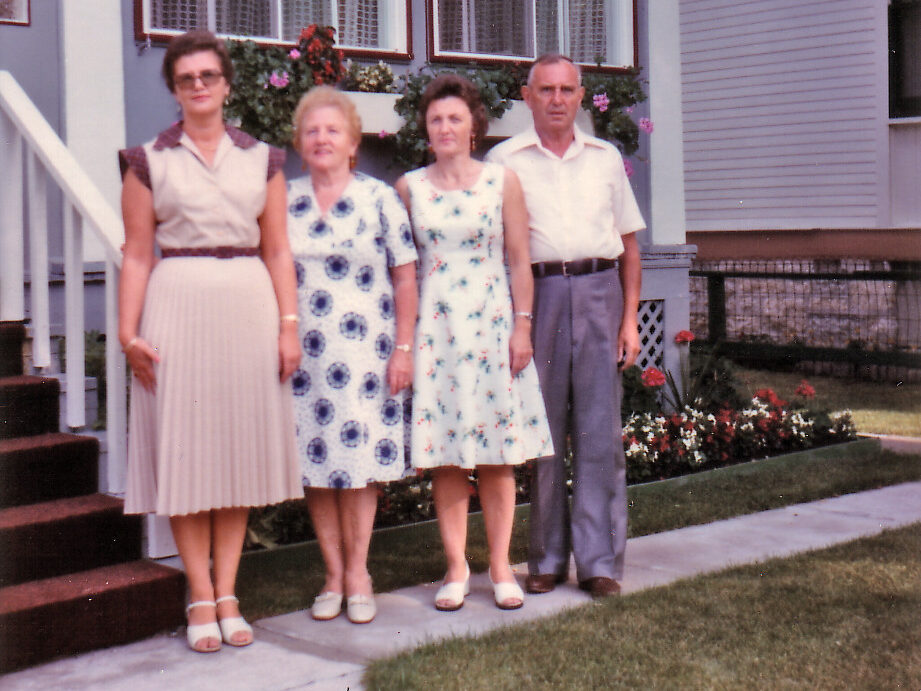
Some changes happen loudly. Others just fade out until you realize they’re gone. Many social rules we once followed without question, like how we greet, how we dress, and how we socialize, are quietly slipping away. They’re not all bad or good, just different from what they used to be. Here’s a look at 15 social norms that are slowly disappearing from everyday life.
Answering phone calls right away.
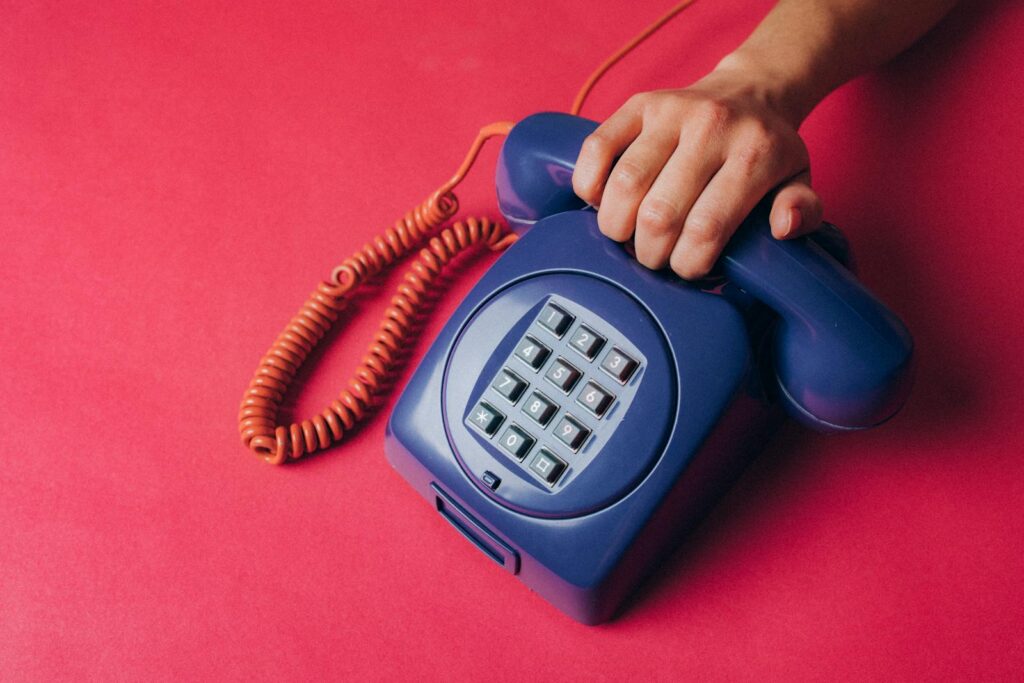
People used to rush to pick up the phone as soon as it rang. Now, most don’t even flinch. If it’s important, they’ll text. That shift has made real-time calls feel more like interruptions than essentials. Letting a call go to voicemail doesn’t mean you’re rude anymore—it means you’re busy, tired, or just not in the mood to talk. The urgency is gone, and honestly, no one seems to mind.
Dressing up for casual outings.

There was a time when you wouldn’t leave the house without neat clothes, even for errands. Today? Pajama pants at the grocery store barely get a second glance. The line between “home clothes” and “public clothes” has blurred. Comfort is the priority now, and looking polished just to pick up milk feels unnecessary. It’s less about sloppiness and more aboutletting go of unspoken dress codes.
Waiting to eat until everyone is served.

This used to be a basic table rule, especially in families and formal settings. But now, with delivery, staggered schedules, and reheated meals, waiting feels outdated. People often start eating as soon as their food hits the plate. It’s not meant as disrespect. It’s just practical. Everyone’s got somewhere to be and shared meals happen less often, so the pressure to follow that rule quietly faded out.
Using voicemail as a primary message tool.
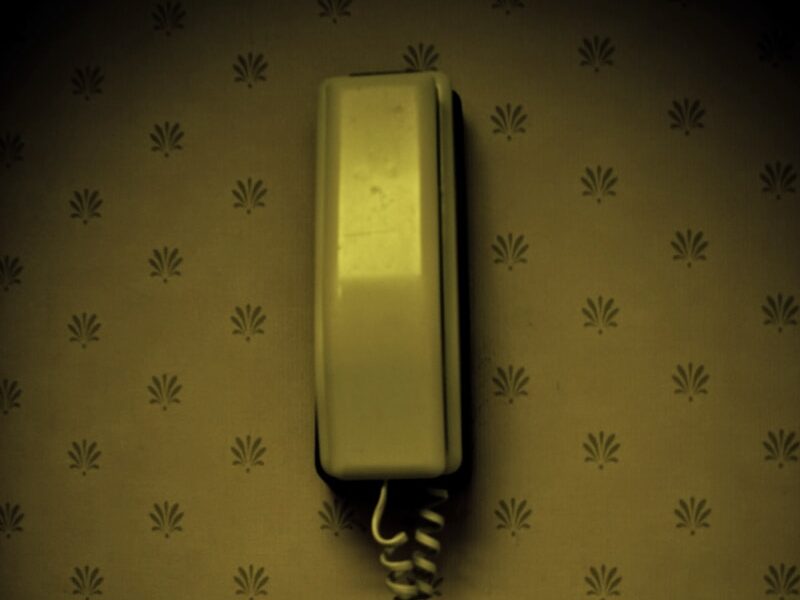
Voicemail once felt important—like a way to leave thoughtful, real-time messages. These days, most people don’t check them at all. Texts, DMs, or quick voice notes have taken over. If you leave a voicemail now, it’s either urgent or you’re over a certain age. It’s not personal—it’s just that newer methods are faster, less clunky, and easier to manage.
Apologizing for bumping into someone.

“Excuse me” or “sorry” used to be automatic in crowded spaces. Now, people often keep moving without much acknowledgment. In busy cities or packed places, minor contact has become expected. The small verbal exchanges that once smoothed over these moments are starting to disappear, replaced by silent nods or nothing at all.
Using titles like Mr., Mrs., or Miss.

Formal titles used to be standard when addressing adults, especially strangers. Now, people introduce themselves by first name—regardless of age or setting. Even in professional environments, “Hi, I’m Janet” has replaced “Mrs. Carter.” The formality has faded in favor of equality and approachability. Unless you’re in a courtroom or classroom, honorifics just don’t come up like they used to.
Knocking before entering a room at home.

In most households now, privacy has become more casual. With open floor plans and fewer boundaries between rooms, knocking on a door feels more like a formality than a requirement. If someone’s working or on a call, people are more likely to send a quick text than physically knock. The gesture isn’t completely gone, but it’s definitely fading from everyday family interactions.
Sitting down to eat together daily.
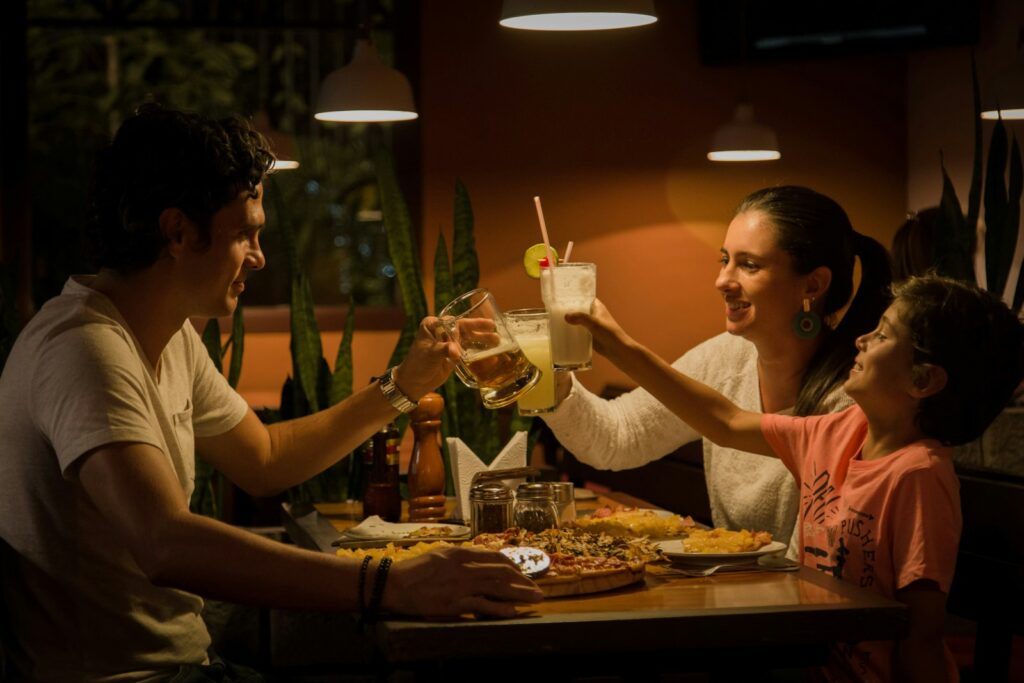
Shared meals used to anchor the day. Breakfast or dinner together was expected. These days, schedules don’t always line up. Parents work late, kids eat on the go, and many households don’t treat mealtime as a group event anymore. The tradition hasn’t vanished completely, but the idea that every day should include a family meal is no longer a widespread norm.
Letting elders speak without interruption.
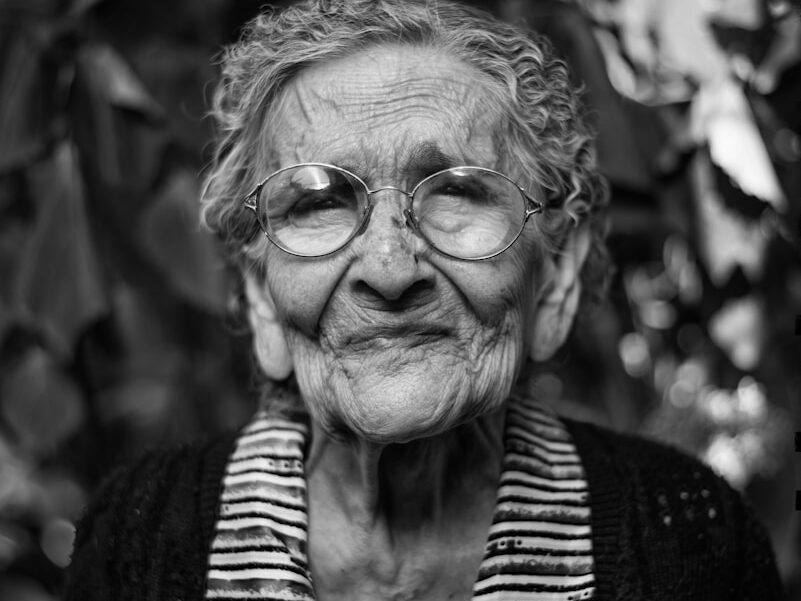
Older generations were once given the floor out of automatic respect. Today, conversations tend to be more open and equal. Younger people feel more comfortable chiming in, disagreeing, or asking questions mid-sentence. Authority based purely on age doesn’t carry the same weight it once did in everyday conversations.
Saving “bad news” for private conversations.

There was a time when serious or personal news was delivered face to face or, at the very least, over the phone. Now,tough conversations happen by text, DM, or not at all. Technology made it easier to avoid uncomfortable talks, and slowly, the social rule about handling sensitive topics in person started to fade. Whether that’s good or bad depends on who you ask.
Censoring yourself in public spaces.

Swearing, venting, or speaking freely used to come with more self-policing, especially in public or family settings. Now, people speak how they want, wherever they are. Social media loosened the filter, and that change spilled into real life. While context still matters, what’s considered “appropriate” language has shifted. What once felt out of place now gets brushed off as normal.
Introducing people with full context.

Introductions used to come with a little background—“This is Karen, my neighbor from down the street,” or “This is Dave, we went to college together.” Now? A first name is often all you get. People expect you to either figure it out or ask later. It’s not cold, just quicker. The norm of giving full context in introductions is quietly disappearing as social interactions get shorter.
Hosting people without prior notice.
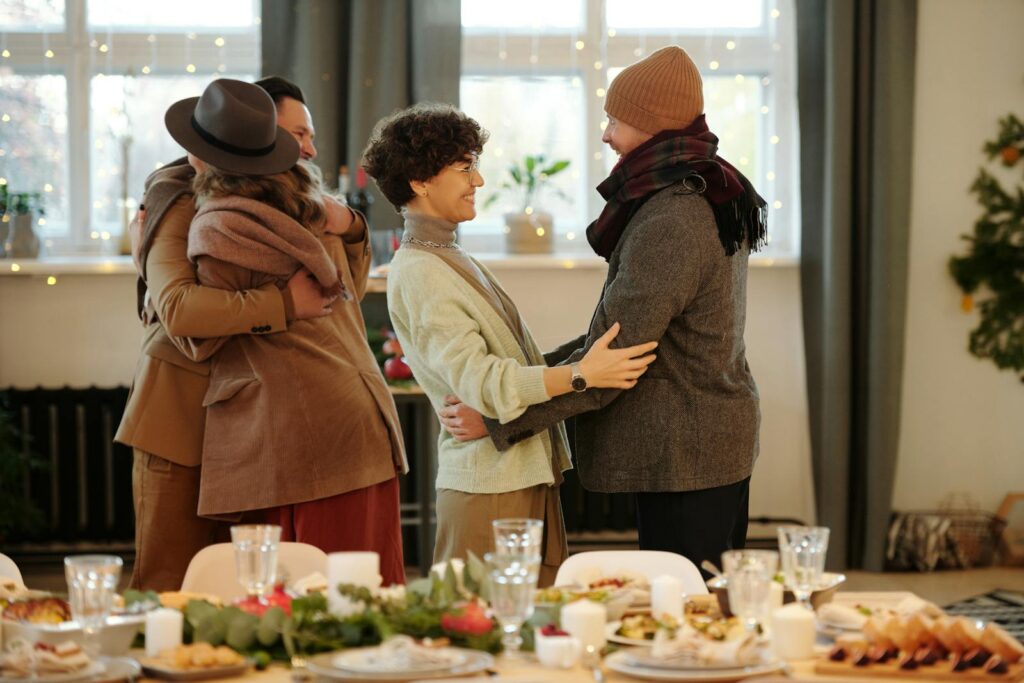
Drop-in visits were once common. If you were in the neighborhood, you stopped by. Now, even close friends usually text first. People value privacy and predictability more than spontaneity. An unannounced visit can feel intrusive. It’s not that people don’t want company—they just want time to prepare for it. The casual “pop-in” has quietly been replaced by a quick heads-up or invite.
Celebrating milestones in big groups.

Birthdays, anniversaries, and graduations used to mean gatherings, invitations, and group photos. These days, many people prefer smaller celebrations or none at all. A post online replaces a party. The pressure to host or attend big events is fading. For some, it’s about cost. For others, it’s about comfort. But either way, the idea that every milestone must be a group event is slowly slipping away.
Sending thank-you notes by hand.

There was a time when sending a handwritten “thank-you” note was non-negotiable after receiving a gift or favor. But now, a quick text, email, or even emoji gets the job done. It’s not that people are ungrateful, but they prefer speed and convenience over anything else. The intention to thank someone is still there, but the effort to do it on paper has mostly faded.

